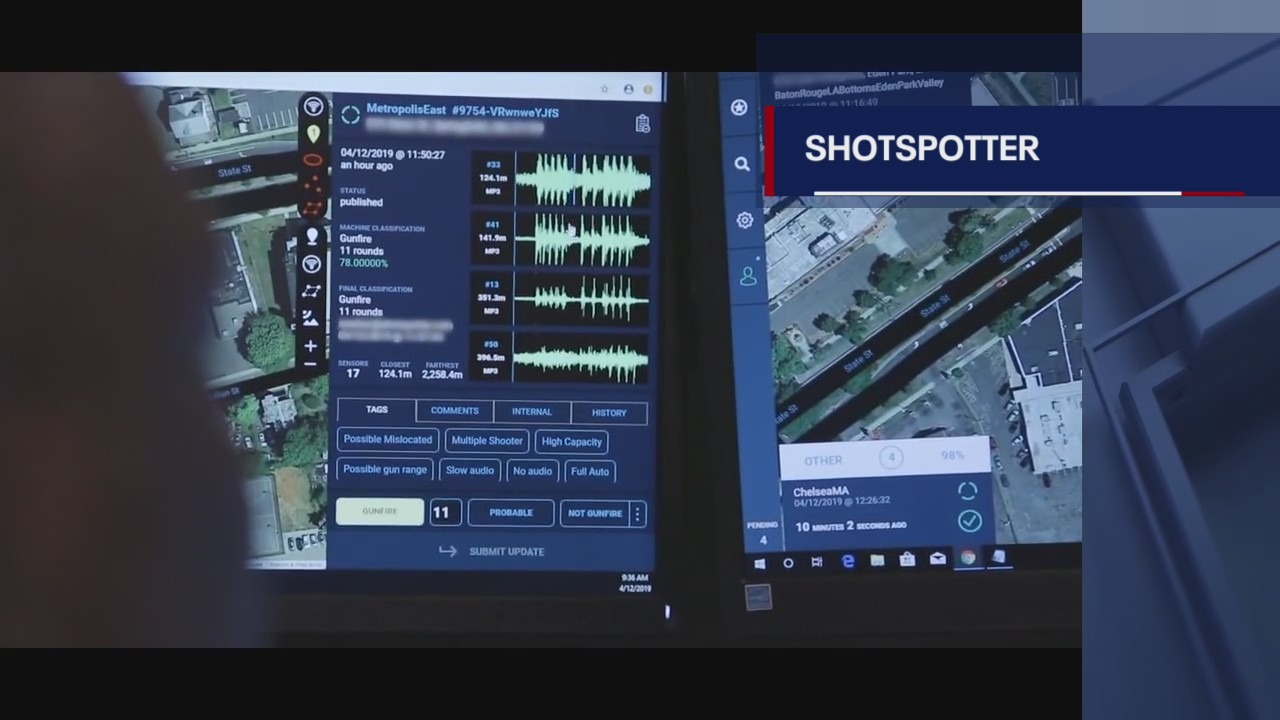Former CPD Supt. Eddie Johnson fights for ShotSpotter to stay: 'Can't put a price on public safety'

Former CPD Supt. Eddie Johnson shows support for ShotSpotter
Former Chicago Police Superintendent Eddie Johnson appeared in a video this week supporting ShotSpotter, a technology designed to identify the location of gunfire incidents.
CHICAGO - Former Chicago Police Superintendent Eddie Johnson appeared in a video this week supporting ShotSpotter, a technology designed to identify the location of gunfire incidents.
The video was posted on the website saveshotspotter.com, where Johnson emphasized the system's role in preventing crime in Chicago neighborhoods.
"As a beat cop, I found out how important public trust is. What the ShotSpotter alert system actually does — it's a sound detection system. It alerts us to gunshots being fired. The data from ShotSpotter tells us that there's a pattern in a particular area so we increase the patrol over there to prevent crimes. The majority of the people in those communities are good, decent, law-abiding people and they don't want crime and disorder in their neighborhoods. They're living with it every day. Once the shotpotter technology came in those particular areas, the cops started patrolling those areas more. They know gunshots have decreased. Most people like ShotSpotter and they want it there. You can't put a price on public safety," Johnson said in the video.
Chicago's contract with ShotSpotter will expire in September. Until then, law enforcement and other leaders are suggesting recommendations for alternative tools and programs to reduce violence.
MORE: Chicago alderman claims ShotSpotter alerted police to fallen officer 5 minutes before 911 calls
During his campaign, Mayor Brandon Johnson vowed to cancel the city's $33 million contract with SoundThinking, the company behind ShotSpotter, aiming instead to invest in resources targeting illegal guns.

Chicago extends contract with ShotSpotter
The City of Chicago has extended its contract with ShotSpotter, just hours before it was set to expire.
MORE: Chicago alderman proposes full City Council vote on ShotSpotter ward by ward
In August 2021, a report from the Office of the Inspector General raised serious concerns about the effectiveness and deployment of ShotSpotter technology by the Chicago Police Department, including the quality of officers' responses to ShotSpotter alerts.
Despite these concerns, the Chicago Police Department and other agencies have praised the system for enabling faster responses to shootings compared to waiting for 911 calls. In Chicago, its use was expanded in response to increases in violent crime; police say crime rates — not residents’ race — determine where the technology is deployed.

